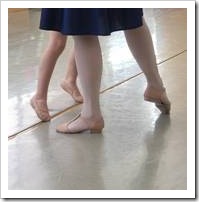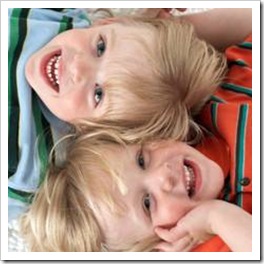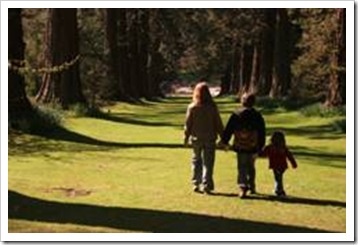
When people debate what to say to parents when their kids have problems, they say, “Parents don’t want to know”, but I say that if the parents had not thought something was wrong, they would never have come to see me. After years of following what I believe my job is – to highlight the challenges and the gifts and make sure kids develop without obstacles – I feel very confident telling the truth. My reports are the truth and nothing but the truth, and when I do not know exactly what the problem is, I recommend seeing someone who does.














